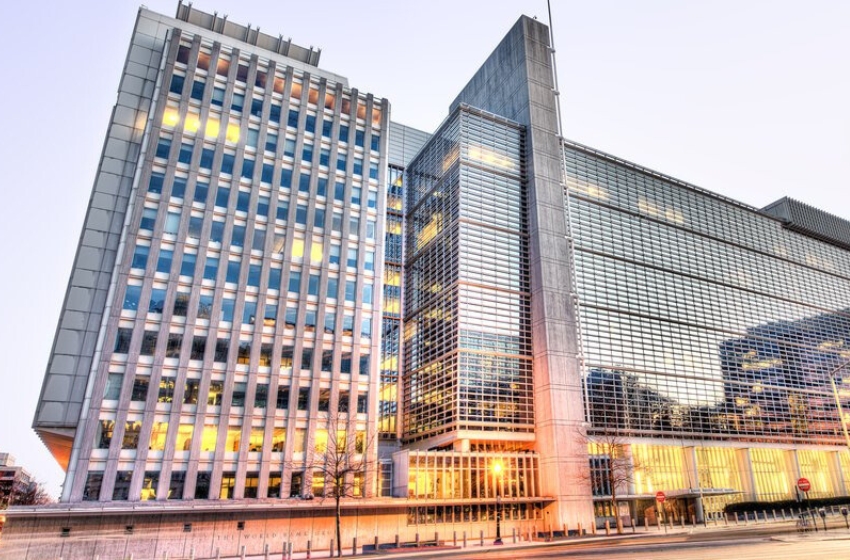The World Bank predicts a prolonged cooling of the Russian economy, contradicting the Kremlin’s optimistic claims of a “soft landing.” According to the updated forecast, Russia’s GDP growth through 2028 will not exceed 1% per year—effectively a recession, given persistently high inflation.
In the previous forecast for 2025–2027, the World Bank expected growth of 1.4%, 1.2%, and 1.2% respectively. The new estimates have been lowered to 0.9%, 0.8%, and 1%. Experts see no factors capable of preventing economic stagnation: the country is not expected to receive a significant inflow of investment—due to risks of privatized asset nationalization—nor notable growth in domestic demand or exports. A shortage of labor remains an additional restraining factor.
Rising taxes also have a significant negative impact. With the current budget structure, major tax increases hit consumer demand and investment activity, deepening the structural problems of the economy.
Meanwhile, Russia’s sectors are diverging: while the defense-industrial complex continues to grow, civilian industries are contracting. Throughout the current year, output in non-military sectors of industry is declining, and companies that generate a third of the real sector’s revenue are under financial stress.
The “uncontrolled” nature of this slowdown was also acknowledged by Alexander Shokhin, head of the Russian Union of Industrialists and Entrepreneurs, the country’s largest business association with billionaires from the Forbes list on its board. He noted that the authorities promised a “soft landing” after two years of growth above 4%, but actual performance has been worse: in July 2025, GDP grew only 0.4% compared to 2024.
“It seems to me that this cooling is neither soft nor, most importantly, controlled,” Shokhin said.



















